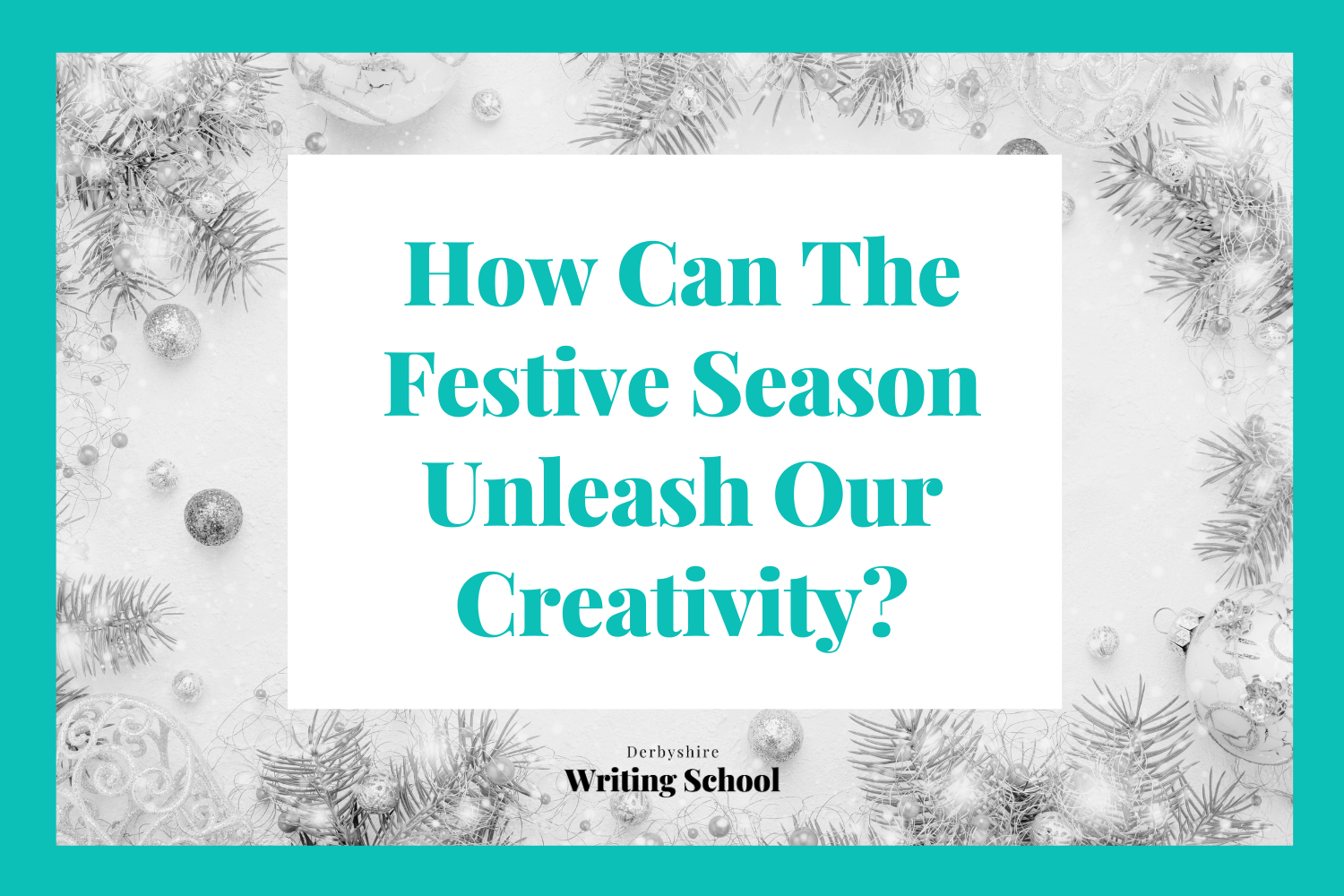Here’s Why It’s Absolutely Essential For A Writer To Rest
Talking about rest as a writer can feel tricky. It stirs up lots of emotions about self-worth, productivity, and output.
Often, we associate our worth with what we produce, and we tie up our success with how much we have achieved. This can be dangerous, as it can mean we don’t rest when we should. We can feel like we are not allowed to rest. But rest is absolutely essential.
We’ve talked about why play is important, and why a writing mindset can help, and we’ve looked at how we can be more productive as writers, but we also need to talk about rest.
Why does a writer need to rest?
As writers, it’s important to remember:
We don’t have to earn our rest.
We don’t have to be deserving of time off.
We don’t have to write every day.
So, if you’ve been waiting for it, you have permission to chill. To stop. To rest. And what’s more, it’s going to make you a better writer for taking a break.
Have you forgotten that writing takes energy?
As writers, we can be hard on ourselves. We can feel like we haven’t been producing enough, we can feel we should always be doing something. We can procrastinate and struggle. We can be researching, reading, and thinking. And we can be writing
All of this takes work, it takes energy, and this is why it’s essential to rest.
Spending too much time focusing on what we ‘should’ be doing can cause problems and in serious cases, it can lead to burnout or writer’s block.
“I am creating all the time, because it’s something I must do to keep from exploding. But there is something else I must do to keep from imploding: Rest.” – Rachel Toalson.
Let’s explore some more reasons why rest is essential. You can also listen to this discussion about rest on episode 22 of the podcast.
4 Reasons why rest is essential for writers and authors:
Rest helps us to:
1. Become better writers.
When we take a break from our writing to rest, we allow our work to sit and rest too. We can come back to our stories with a fresh perspective, we can give space to our ideas. This can lead to objectivity when we come back to read our work, and it can allow us to see what’s good and what might need further work.
2. Develop more ideas.
Resting can allow us to develop more ideas as we let our brains rest. Our imagination and creativity can have time to refuel. Often, you’ll find you come back to the page bursting with ideas because we are pausing rather than continually pushing for more. Research shows that by allowing our brain to stop focusing on the problem at hand, we can give it space to create unique solutions.
3. Understand who we are.
We can become so focused on the task, the word count, and the deadline that we forget to have fun. We forget we enjoy the process of writing. We can forget why we started. Taking a break can allow us to recalibrate. We can learn to look forward to getting back to our writing, and we can inject joy into the process again. We know what we enjoy and focus on how to bring more of this to our work.
4. Curate and create material to write about.
Life happens outside of the page. Stopping, noticing, and interacting with others can allow us to gather material, quite often subconsciously, to write about. We can find stories, characters, and ideas in the real world and bring them back to the page.
Rest doesn’t mean that we don’t take our work seriously
We need to reframe our thinking and know that rest is part of the writing process. It doesn’t mean we aren’t taking our work seriously, in fact, it’s the opposite. We are taking our work so seriously; we know to get the best output; we need to look after ourselves.
However, sometimes a tiny part of us can worry if we rest, we’ll never restart, and that itself can be telling. Maybe it’s a sign you’re on the fringes of burnout? Maybe exhaustion is nipping at your heels? Or maybe 2020 has caught up with you?
Rest is essential. Don’t feel guilty if you take a long break. Give yourself the rest you need.
What does rest mean for a writer and author?
Rest can look different to different people. We need to understand what rest means to us as individuals. It can mean more sleep; it can mean taking breaks throughout the day. It could even mean doing nothing. It’s important to note, that rest differs from refilling your creative well, it’s a complete pause from our written work.
But what rest is for you, is a question you need to answer, understand and implement. Establishing the difference between rest and procrastination is often a very fine balance, it’s a scale we can spend our lives trying to level. But it’s worth putting the work into understanding the difference.
What could you do to rest today?
Read or listen to Mary Oliver’s poem – Wild Geese. Take some time to reflect on the words and explore your thoughts in relation to rest.
Sometimes we feel we can’t rest because we’re so overwhelmed with what we need to do. To allow yourself to rest, why not write a lengthy to-do list? Spend time emptying your mind of all the tasks that are taking up space. Give yourself the freedom to think.
Go for a walk and listen to the world. In her new book, Julia Cameron shares the powerful, creative, restful qualities of walking and listening.
Do nothing. Spend an hour, a day, or even ten minutes, doing nothing.
Journal about what rest means to you. How do you feel rested? What makes you feel restored? How can you find time for these restful periods in your day?
“Do not worry. You have always written before and you will write now.” – Ernest Hemingway.
Rest is an essential writing tool, don’t forget to use it. We’d love to know how you got on. Email us and let us know info@derbyshirewritingschool.com
We’d love to know how you balance rest, get in touch with us by using the form below.
Our Power Package coaching session can help you to understand your writing practice. We can help you find the balance between rest and play.
Our power package coaching session will help you answer tough questions and challenge the blocks that are stopping you from creating your best work.
Writing can feel lonely, sometimes a new perspective, a little space, encouragement, and some deep thinking can really make all the difference.
We’re taking a little break from our coaching right now. We’ll be back in late 2025. Please join the waiting list to be the first to hear when we are back up and running. Thanks for your support.













